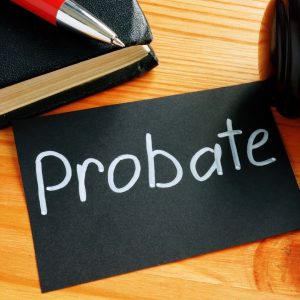In California, a conservatorship may be set up when an adult is unable to manage or satisfy his/her basic needs. For example, the vulnerable adult might not be able to obtain food or shelter, manage finances, or obtain the medical care and treatment that he or she needs. When a conservatorship is set up in the California state court system, a conservator will be appointed. In many instances, the conservator is a family member or close friend of the adult who is experiencing problems. The person who is appointed as conservator will typically have various duties that will need to be performed.
If you are interested in setting up a conservatorship for a loved one who is unable to take care of himself or herself, it’s important that you have a knowledgeable California elder law attorney on your side who can assist you with every step of the process. Your attorney can assist you with setting up the conservatorship and getting a conservator appointed in a timely fashion.
Primary Duties of a Conservator
When a conservatorship is established in the State of California, the court will typically appoint a conservator who is either related to or a close personal friend of the vulnerable adult. The primary duty of the conservator is to look out for the safety and well-being of the adult who cannot take care of himself or herself. One of the conservator’s primary duties will be to manage the assets of the person’s estate.
In addition, the conservator will need to keep the vulnerable adult’s property and money separate from everyone else’s. If a bank account is open for the adult’s estate, the bank account name must state that it is a conservatorship account, rather than an account for the conservator individually. Finally, the conservator is not allowed to commingle their own funds with those of the vulnerable adult.
On top of managing the vulnerable adult’s estate, the appointed conservator will need to take inventory of estate property and make sure that ownership of all assets that are part of the estate are placed into the estate’s name. In the case of real estate, a conservator should make sure that letters of conservatorship are recorded with the proper county recorder where the vulnerable adult owns the subject real estate. In addition, the conservator must determine the value of the adult’s property.
Finally, a conservator to a vulnerable adult’s estate is responsible for completing and maintaining accurate records of all financial transactions which have an impact on the estate. A conservator must keep records of all purchases and file a petition that requests court review and accounting approval within one year from the date on which the conservator is appointed – and at least every two years thereafter.
Setting up an estate and establishing a conservatorship can be difficult tasks, and it is important that you have legal counsel on board in your case who can assist you with these tasks. A knowledgeable elder law attorney in the State of California can help you set up a conservatorship for a vulnerable adult in your family and can assist with getting a conservator appointed. Call today for a free consultation.




